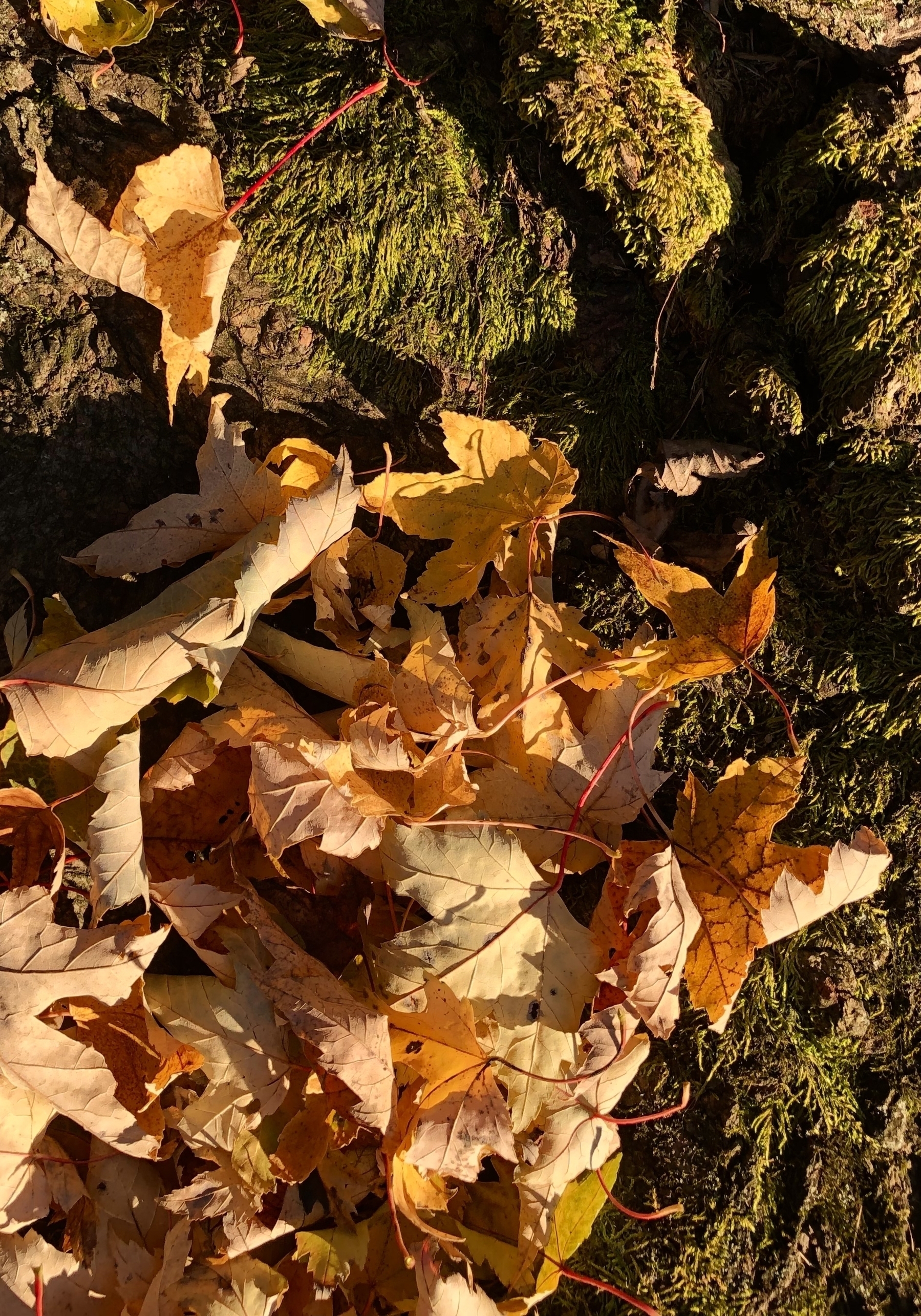07 November 2021
Jamál, 05 Qudrat (Power), 178 B.E.
Seen

Done
Raked leaves
Noted
Astral Prospecting on Instagram
Obviously, this will be on the menu for supper …

Marc Bosserman on Instagram and Marc Bosserman Music and Musings on YouTube
Quoted
We witness in these stories the two stations possessed by every Prophet or Manifestation of God. Bahá’u’lláh has described these in His Book Certitude, the Kitáb-i-Íqán. ‘One is the station of pure abstraction and essential unity … if thou callest them all by one name … thou hast not erred from the truth … For they one and all summon the people of the earth to acknowledge the Unity of God … 1 through their Revelation, their attributes and names, the Revelation of God, His name and His attributes, are made manifest in the world.’ 2
In the attitudes towards Bahá’u’lláh of His companions and pilgrims, of overwhelming reverence and submission, we can realize their awareness of this Divine station bestowed by God upon His chosen Messengers. In the several precious descriptions of Bahá’u’lláh when revealing the Word of God in prayers, verses and Tablets, we glimpse the majesty and power flowing though Him, as well as His own ‘complete and absolute self-effacement … in which I have no control over mine own weal or woe nor over my life’ 3in the presence of the ‘Lord of all names and the Maker of the heavens’. 4 Yet another evidence of this first station, which unites Him with all the Prophets gone before, is given in the accounts of His all-embracing knowledge, without benefit of any communication which we experience, so that He is simply aware, effortlessly and immediately, of what is thought by others or is happening elsewhere. This occurrence is explained by His Son, ‘Abdu’l-Bahá, in His book Some Answered Questions, from which these few lines are taken: ’Since the Sanctified Realities, the supreme Manifestations of God, surround the essence and qualities of the creatures, transcend and contain existing realities and understand all things, therefore, Their knowledge is divine knowledge and not acquired—that is to say, it is a holy bounty; it is a divine revelation.’ 5 And finally, there are a few instances in these stories of yet another power shared by all God’s chosen Ones, which ‘Abdu’l-Bahà has also described: The Holy Manifestations are the sources of miracles and the originators of wonderful signs. For Them, any difficult and impracticable thing is possible and easy. For through a supernatural power, which is beyond nature, They influence the world of nature … 6 But … for the Manifestations these miracles and wonderful signs have no importance … For if we consider miracles a great proof, they are still only proofs and arguments for those who are present when they are performed …’ 7 8
My sister and brother-in-law recently relocated and chose to donate several books in their library rather than move them. Many of these volumes are not well-known, but due to the topics they cover and the manner in which their authors explore them, they warrant a nod of recognition before being sent on their way. Accordingly, most quotes referenced in the “Quoted” section come from these books. Maybe they will stir (or renew) your interest, too.
- Baháʼuʼlláh. Gleanings from the Writings of Baháʼuʼlláh. Translated by Shoghi Effendi. Rev Ed. Wilmette, Ill: Baháʼí Publishing Trust, 1952, 51. https://www.bahai.org/library/authoritative-texts/bahaullah/gleanings-writings-bahaullah/2#983020702 [return]
- Ibid, 54. https://www.bahai.org/library/authoritative-texts/bahaullah/gleanings-writings-bahaullah/2#355242224 [return]
- Baháʼuʼlláh. Epistle to the Son of the Wolf. Translated by Shoghi Effendi. Rev. ed. 1953. Reprint, Wilmette, Ill: Baháʼí Publishing Trust, 1976, 41. https://www.bahai.org/library/authoritative-texts/bahaullah/epistle-son-wolf/2#022841646 [return]
- Ibid, 105. https://www.bahai.org/library/authoritative-texts/bahaullah/epistle-son-wolf/3#136106125 [return]
- ʻAbduʾl-Bahá. Some Answered Questions. Translated by Laura Clifford Barney. Wilmette, Ill: Baháʾí Publishing Trust, 1981, 157-158. https://www.bahai.org/library/authoritative-texts/abdul-baha/some-answered-questions/8#285332273 [return]
- Ibid, 100. https://www.bahai.org/library/authoritative-texts/abdul-baha/some-answered-questions/7#374297776 [return]
- Ibid. https://www.bahai.org/library/authoritative-texts/abdul-baha/some-answered-questions/7#780209684 [return]
- Furútan, ’Ali-Akbar, editor. Stories of Baháʾuʾlláh. 1986. Translated by Katayoon Crerar and Robert Crerar, Reprint 1997, G. Ronald, 1997, ix-x. [return]